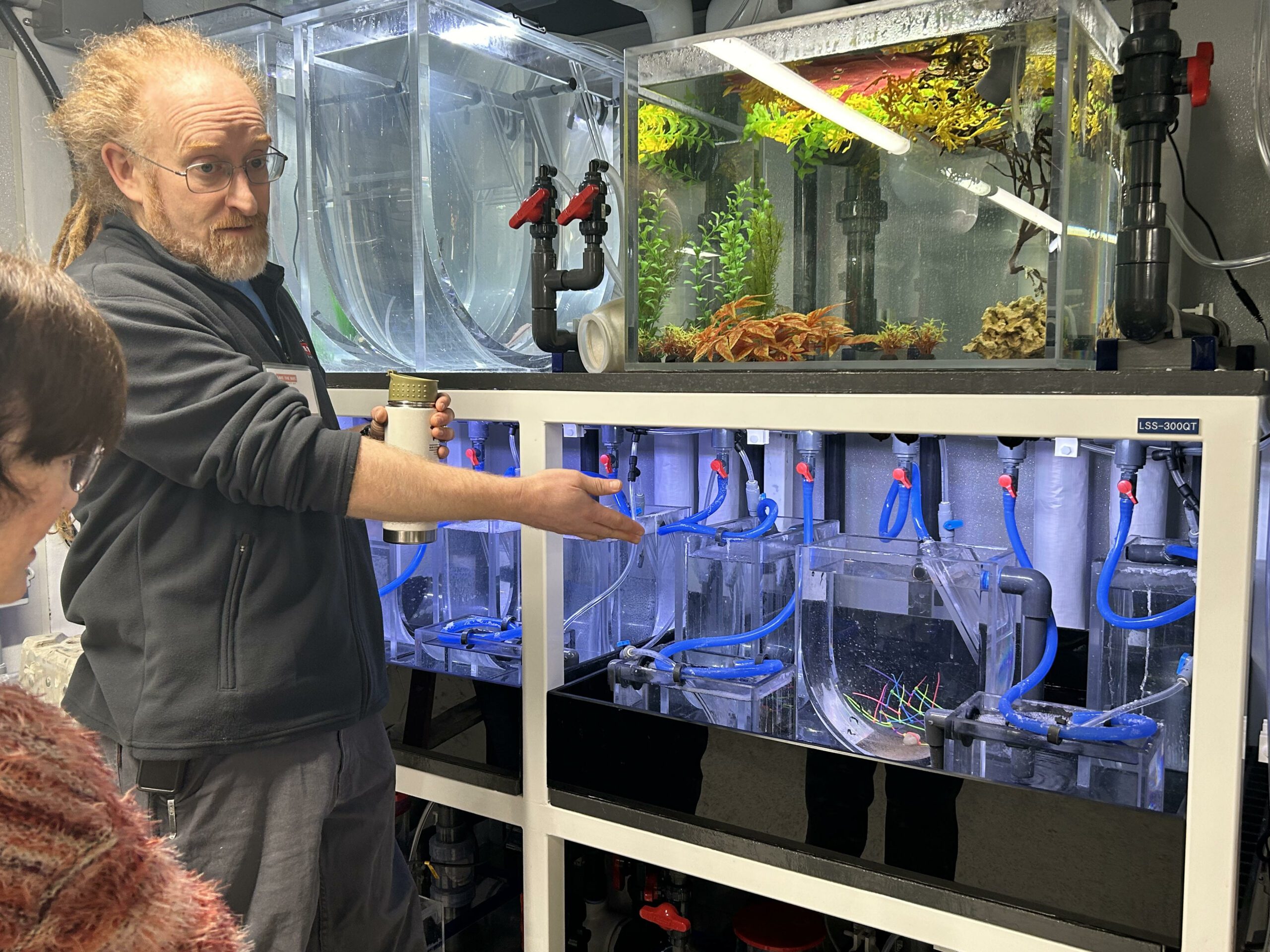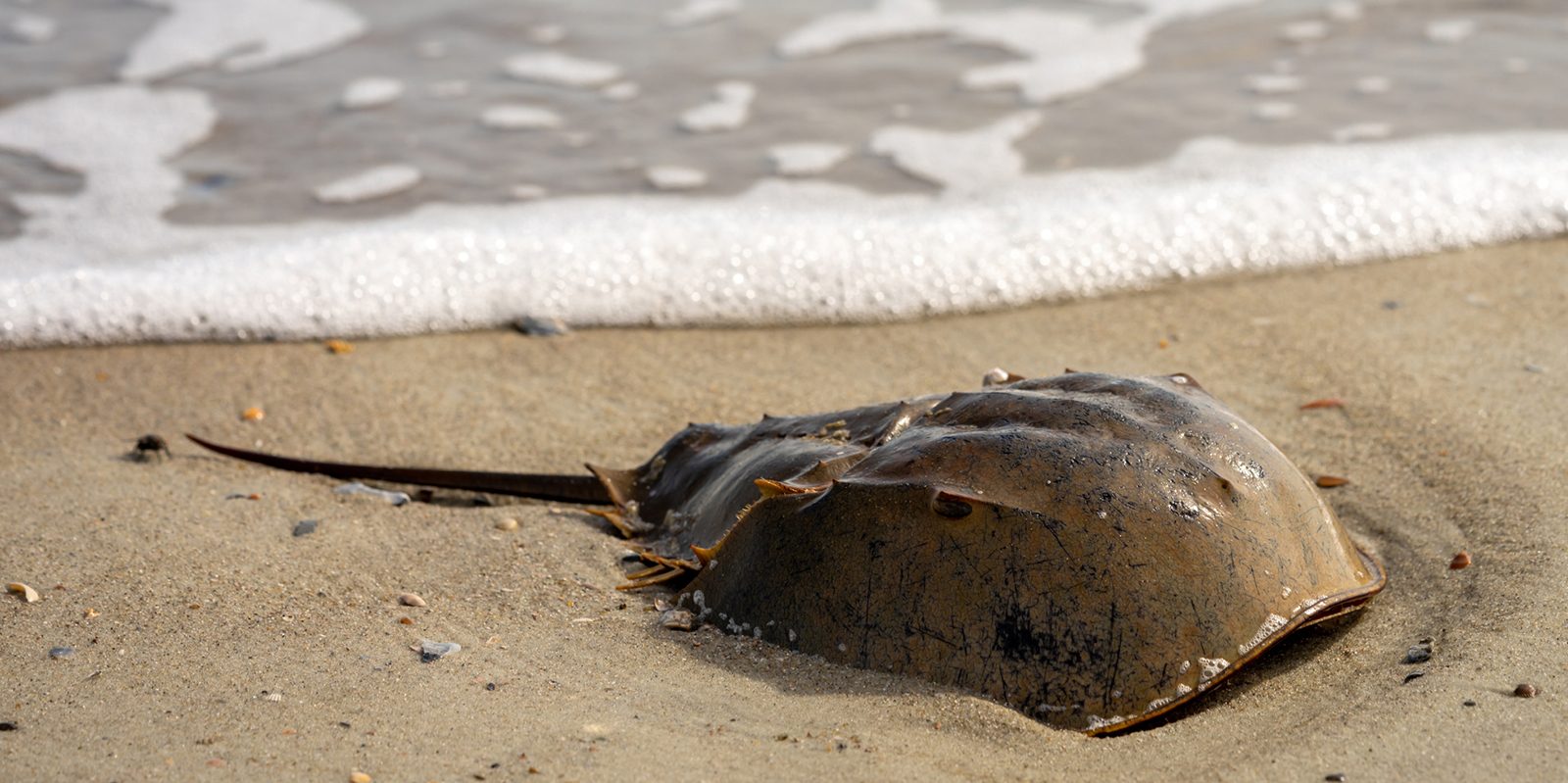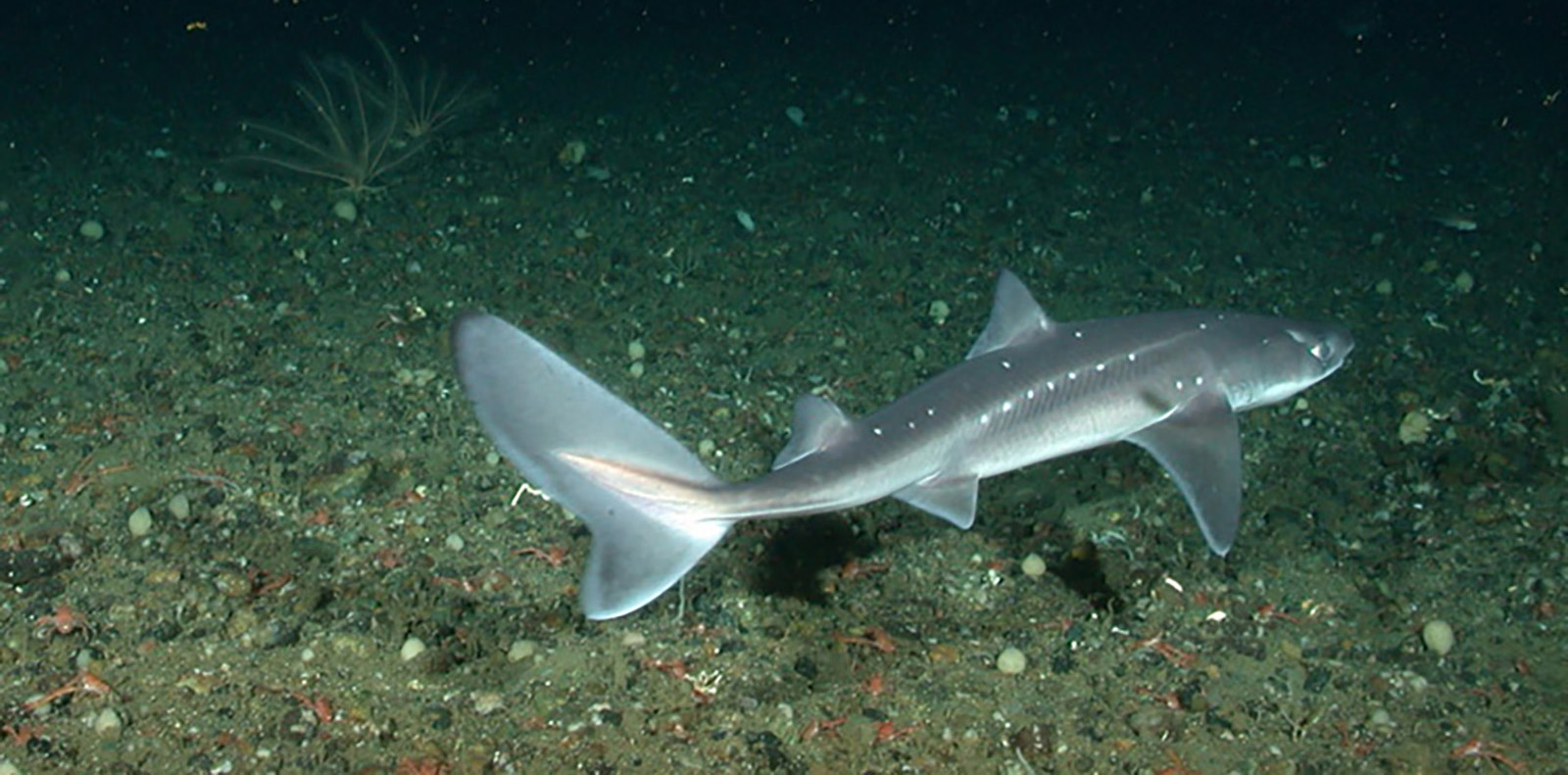New Breed of Advocates Makes Ocean State Splash
Handful of marinas and sailing organizations work to protect stressed waters
December 12, 2019
As a rower who has paddled my way up and down the Seekonk River in Providence, I’ve seen — and almost more potently, smelled — the fish kills, algae blooms, and the copious amounts of garbage that pollute just this one waterway. On one particular outing, I rowed past syringes, plastic bottles, and latex gloves.
“When you look at the state of marine debris and plastic in Rhode Island, well, we used to do cleanups and remove dozens of lobster pots, or car tires, or bed frames, or fridges,” said David McLaughlin, executive director of Middletown-based Clean Ocean Access. “I call those items relics of the past. Illegal dumping is no longer as prevalent on our shorelines, but all the single-use plastics are still out there.”
While cleanups by landlubbers who love the ocean are influential in raising awareness about ocean health, a new breed of advocates is slowly arising from the waves: marinas and boaters.
“We’re lucky in Rhode Island because the bay and the ocean are our workplace, and you rely on a clean environment and clean water to be successful in this industry,” said Evan Ridley, project manager for the Rhode Island Marine Trade Association (RIMTA). “So, I think as boat owners, and as folks that want to get out and enjoy these resources, they recognize the importance of having clean and responsible marinas.”
Marinas and recreational boaters have their own set of practices that can harm ocean health, from septic waste management — “pumping out the bilge” in sea-speak — to sanding to fuel runoff.
“You think about filling up 50 gallons of fuel in your boat, and if just a few ounces of fuel spills out every time, that’s not good,” McLaughlin said.
About a dozen years ago, to help marinas and boaters take steps to become greener and promote healthy oceans, RIMTA, along with the Coastal Resources Management Council, Save The Bay, and the Rhode Island Department of Environmental Management (DEM), created the Clean Marina Program.
The program is essentially a checklist of procedures that go above merely meeting regulations. Applying to receive the designation includes submitting years’ worth of records to creating a contained space for sanding boat hulls.
“It’s a huge task,” Ridley admitted. “You think about some of these businesses and they have a limited staff, limited resources, and their time horizon is much different than other organizations.”
Going above and beyond to become a certified Clean Marina is complicated, which helps explain the low number of Rhode Island marinas with the certification: five. There are some 250 marinas in Rhode Island, according to DEM.
Conanicut Marina in Jamestown is one of them, and for owner Bill Munger, while worth it, the accreditation was anything but simple.
Forty-five years ago, at the tender age of 22, Munger founded Conanicut Marina. Since then, he has opened a ship’s store and chandlery, a boatyard, and runs the Jamestown-Newport ferry.
A soft-spoken man, he remembers a time when the ocean was like Black Beauty — beautiful, but severely mistreated rather than cherished.
“I founded Conanicut Marina in 1974, and in 1974, the town of Jamestown didn’t have a sewer plant,” he said. “Everything just ran downhill. So if you took a boat ride north up Narragansett Bay, you didn’t have to get much past Jamestown before the water was brown.”
So when Munger heard about the Clean Marina Program, he figured it was the right thing to do.
“As my business evolved, I was always trying to do the right thing, and we all play in the water, so everyone wants clean water,” he said.
Munger received his Clean Marina certification in 2013, and has since installed a solar photovoltaic system to power the marina’s operations.
“It’s a big deal. It’s a horrendous amount of work,” he said, as he rifled through a stack of papers listing the requirements and how it all has to be maintained. “Oh golly … we’re talking about site management, education, waste management, hazardous waste management, stormwater, wastewater, air quality, fuel management …. waste bins for recycling.
“There still aren’t enough clean marinas, and that’s one of the reasons the leadership is having another look at this and saying, ‘How can we boil it down and still have the end result?’ Because the track that I went through, and the other four clean marinas, it was an enormous undertaking.”
To encourage more participation, the Clean Marina partners are redesigning and incentivizing the program.
“Over the last one and a half years, RIMTA has been helping to really evaluate the status of the program, and find ways to incentivize more participation, streamline the actual application process, and make it more accessible and digestible,” Ridley said. “The last thing we want is for people to think something like this is a target on their backs, or reason for more enhanced scrutiny on their day-to-day operations. This is meant to shine a light and recognize folks that get the big picture and go above and beyond to make improvements.”
Munger believes that if the process is streamlined, other facilities will take the steps to become clean marinas.
“We’ve come a long way,” he said. “It’s not like the old days where nobody cared. Everybody cares today. You can look back over the last 40 years and see how the collective thinking has changed. It’s been a really wide movement for clean water.”
Sailors wade in to help
As the net of those concerned about the condition of the Ocean State’s waterways has widened to include marinas, another sea-faring community is wading into the movement: sailors.
“There has been a paradigm shift in how sailors view the water,” said Rob MacMillan, co-founder of Newport-based 11th Hour Racing. “And that is true from people sailing on lakes in Minnesota to the bluest of blue-blood yacht club members here on the East Coast. Sustainability is part of the narrative now.”
For veteran sailor Mark Towill, who sailed around the world from 2014-2015, it’s hard not to notice the pollution swirling through the oceans.
“It was eye-opening to see how much was out there, and not just in some of the heavily trafficked areas but even in the most-remote locations where you’d least expect it,” Towill said. “Seeing that made it really obvious that as sailors and sportsmen, we need to find a way to use our platform to influence change, inspire communities, lead by example, and collaborate with others.”
So Towill, along with Bristol native Charlie Enright and the 1 Degree racing team, partnered with 11th Hour Racing to do just that. Newport-based Sailors for the Sea offers similar programs and outreach to help educate the boating community about the importance of projecting vulnerable waters.
It’s a cold but sunny day in Newport, and at the 11th Hour Racing headquarters, Alessandra Ghezzi, communications director, empties some coffee grounds into a compost bucket.
“We keep it in the freezer now because we were getting lots of fruit flies,” she said.
Ghezzi is part of a small team composed of sailors, sail-makers, scientists, and grant writers that makes up 11th Hour Racing. Founded in 2010 by MacMillan, Jeremy Pochman, and Wendy Schmidt, the organization’s goal is to “work with the sailing community and maritime industries to advance solutions and practices that protect and restore the health of our ocean.”
But it’s the way they do it that’s interesting.
“We harness the megaphone of sport sponsorship to really spread this message, and to raise awareness and engage with top players,” Ghezzi said.
Think of what would happen if Lebron James decided the environment was worth as much of his time as selling Nikes. Suddenly, he would be selling a cause that millions of his fans could potentially “buy into.”
That’s what 11th Hour Racing does with sailing superstars and the environment.
While sailing as a spectator sport doesn’t have the same fanbase as the NBA, MacMillan said sailing does have its own sphere of influence.
“Sport is a unifier that really gets people passionate, and that’s why it’s so successful marketing wise,” MacMillan said. “And sailing is a funny one because it’s a smaller commercial sport in the U.S., but there are people in the sport who are really influential in large-scale companies or in government, who spend a ton of time and money and energy to be close to the water. We’re trying to capitalize on that, and to get them to change how they’ve done things and how their teams work.”
From sponsoring sailing teams to having high-profile sailors as ambassadors, raising awareness about the plight of the world’s oceans is step one. Step two is doing something about it, and that’s where 11th Hour Racing’s grant arm comes in.
Head to the small marina near the Hot Club in Providence and you will find something unexpected. Hidden below the bar’s riverfront deck is a trash skimmer that, for the past seven months, has been scooping up about 150 pounds of debris daily.
“The marina trash skimmer is an effective tool,” McLaughlin of Clean Ocean Access said. “We have six of them in our local waters that run 24-7, and with grant funding from 11th Hour Racing we were able to put in the one at the Hot Club. We’re even seeing marinas looking into purchasing skimmers.”
That’s the ultimate goal: to raise awareness and fund grassroots efforts to make change, MacMillan said. He wants everyone, from veteran sailors to salty mariners to landlubbers, on board to save the ocean.
“I think anyone that goes in the water generally loves it, respects it, and cares for it,” he said. “They may do things that aren’t great for it, but I don’t think anyone is doing that in a spiteful way.
“They might not know what impact they’re having; they wouldn’t expect that when you clean your boat or put sunscreen on that its somehow affecting marine life. People aren’t marine biologists. I think you can get a guy who has a twenty-five-foot Boston whaler to care if you show improvements and inspire change. That’s where the behavior change happens.”



